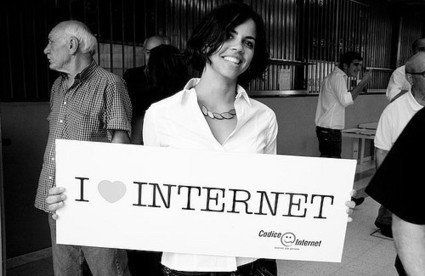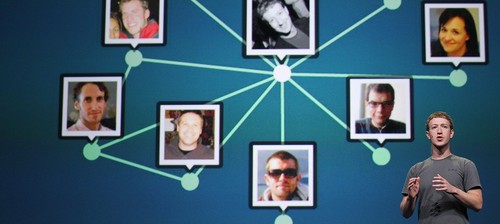Ideas reign supreme — We raised 2.6 M and hired an ace new VP to continue molding the web’s content into ideas that matter
Why are we here?
For a long while, the Scoop.it team has had a vision that fostering ideas, molding existing content into more valuable forms, and sharing knowledge with their communities of interest is what our platform can do best. Recently, after many conversations and interactions with our community, we realized that these values and behaviors were being adopted by more and more users across the platform. As a team, we immediately resonated with these users and we’re excited to be seeing our vision become more and more concrete as time passes.
Read More




























